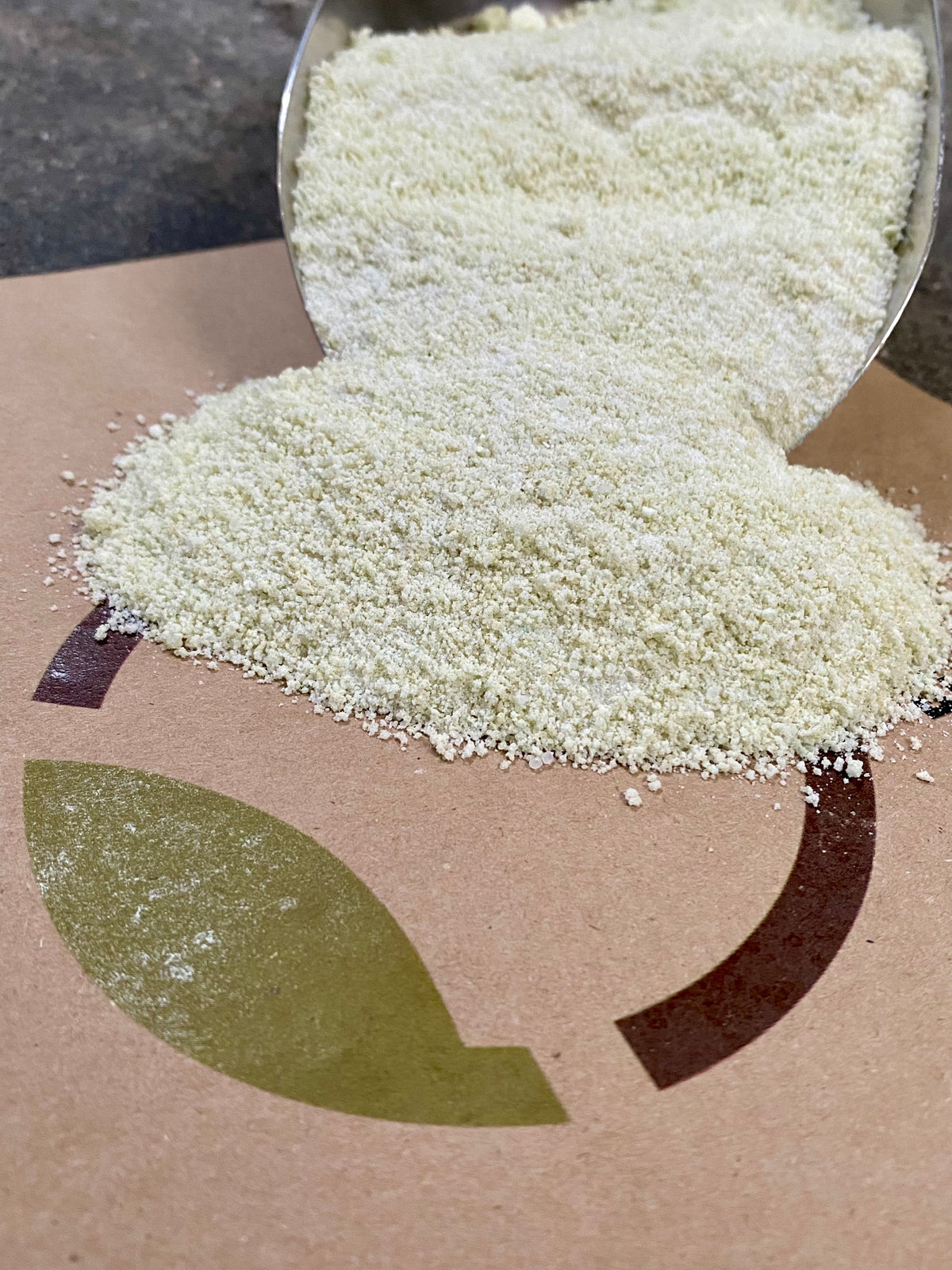Best Fertilizers for Peppers: Accomplish Superior Results in Your Garden
Wiki Article
Organic Vs. Synthetic Fertilizers: Which Is Best for Supporting Healthy Pepper Plants?
In the realm of nurturing healthy and balanced pepper plants, the selection in between organic and synthetic fertilizers stands as a critical decision with far-ranging effects. While both alternatives goal to supply necessary nutrients to sustain plant growth, the nuances of their influence on the dirt, plant health and wellness, and the atmosphere spark a discussion that mirrors throughout the gardening area. Recognizing the unique advantages and possible risks of each fertilizer kind is vital for pepper cultivators seeking to maximize their yields while maintaining a lasting and eco-conscious method.Benefits of Organic Plant Foods
Organic fertilizers supply a lasting and environmentally-friendly method to beneficial pepper plants, supplying vital nutrients without making use of artificial chemicals. These natural fertilizers are acquired from natural resources such as compost, manure, bone dish, and algae, promoting dirt health and wellness and biodiversity. Unlike synthetic plant foods, organic options launch nutrients slowly, making sure a consistent and balanced supply for pepper plants to prosper.One significant benefit of natural fertilizers is their capacity to enhance soil structure and water retention. By improving dirt health and wellness, organic plant foods promote advantageous microbial task, which aids in nutrient uptake by pepper plants. Additionally, natural fertilizers decrease the threat of chemical run-off, securing water resources from air pollution and guarding the atmosphere.
In addition, organic plant foods contribute to long-lasting dirt fertility by promoting the development of helpful soil organisms. These organisms assist break down raw material, releasing nutrients in a form that is conveniently accessible to pepper plants. best fertilizers for peppers. By fostering a healthy dirt community, organic fertilizers support lasting pepper growing practices that profit both plants and the atmosphere
Drawbacks of Synthetic Plant Foods
Synthetic plant foods, in comparison to their natural equivalents, posture numerous drawbacks when made use of to nurture pepper plants, affecting both plant wellness and ecological sustainability. One major drawback of synthetic plant foods is their propensity to seep nutrients from the dirt swiftly. This rapid leaching can result in nutrition discrepancies in the soil, triggering plants to experience from shortages or poisonings. Furthermore, artificial plant foods can damage helpful soil organisms, such as earthworms and advantageous microorganisms, interrupting the soil environment's balance.In addition, the overuse of artificial fertilizers can add to water air pollution. Excess plant foods not taken in by plants can clean away into water bodies, bring about eutrophication, where algae flowers deplete oxygen degrees in the water, hurting aquatic life. Artificial fertilizers are typically acquired from non-renewable sources, such as fossil gas, contributing to carbon exhausts and ecological deterioration during their production.
Nutrient Absorption Contrast
Reliable nutrient absorption plays a critical function in the general health and development of pepper plants. When comparing synthetic and organic fertilizers in regards to nutrient absorption, organic fertilizers have the benefit of giving a much more well balanced and slow-release resource of nutrients (best fertilizers for peppers). Organic fertilizers consist of a variety of macro and micronutrients that are not only beneficial for the plants yet also promote healthy and balanced soil microbial activity, which aids in nutrient uptake. On the various other hand, artificial fertilizers typically provide a fast release of nutrients, which can lead to leaching and drainage, leading to lower nutrient absorption rates by the plants.Moreover, organic fertilizers boost soil framework and water retention ability, enabling see post pepper plants to accessibility nutrients more efficiently. This enhanced dirt quality assists in origin development, allowing better nutrient absorption. Artificial plant foods, although at first increasing plant development because of their high nutrient concentrations, might hinder long-lasting nutrient absorption by degrading soil health with time.
Environmental Effect Considerations

On the various other hand, artificial fertilizers, although often even more concentrated and instantly readily available to plants, can have detrimental results on the atmosphere if not used correctly (best fertilizers for peppers). Their production needs high energy inputs, bring about greenhouse gas exhausts and contributing to environment modification. The drainage of excess synthetic plant foods can contaminate water sources, leading to eutrophication and damaging water ecosystems.
Best Fertilizer Practices for Peppers
When feeding pepper plants, maximizing nutrient uptake and reducing ecological influence are key factors to consider. To achieve this, it is necessary to adhere to best plant food practices customized to the specific requirements of pepper plants. One essential method is to perform a dirt test prior to applying any my sources kind of plant foods. This examination can identify the pH level of the dirt and determine any kind of nutrient deficiencies, directing you in picking one of the most appropriate plant food formula.An additional important practice is to fertilize pepper plants at the best time. Usually, peppers gain from getting fertilizer at planting and after that once again when they start to flower. Over-fertilizing can result in nutrition discrepancies and hurt the plants, so it is important to comply with suggested application rates.
Furthermore, choosing a well balanced plant food with an NPK proportion that suits pepper plants' requirements is basic. Inevitably, integrating synthetic and organic fertilizers sensibly can assist nurture healthy pepper plants while minimizing ecological influence.
Final Thought

Organic fertilizers use an environmentally-friendly and sustainable technique to nourishing pepper plants, giving necessary nutrients without the usage of synthetic chemicals. Unlike synthetic plant foods, natural options release nutrients gradually, making certain a stable and well balanced supply for pepper plants to flourish.
Synthetic plant foods, in comparison to their natural counterparts, position different negative aspects when used to nourish pepper plants, affecting both plant wellness and ecological sustainability. When comparing artificial and organic fertilizers in terms of nutrient absorption, organic plant foods have the benefit of providing a much more well balanced and slow-release resource of nutrients.Additionally, natural plant foods boost soil structure and water retention capability, enabling pepper plants to accessibility nutrients extra efficiently.
Report this wiki page